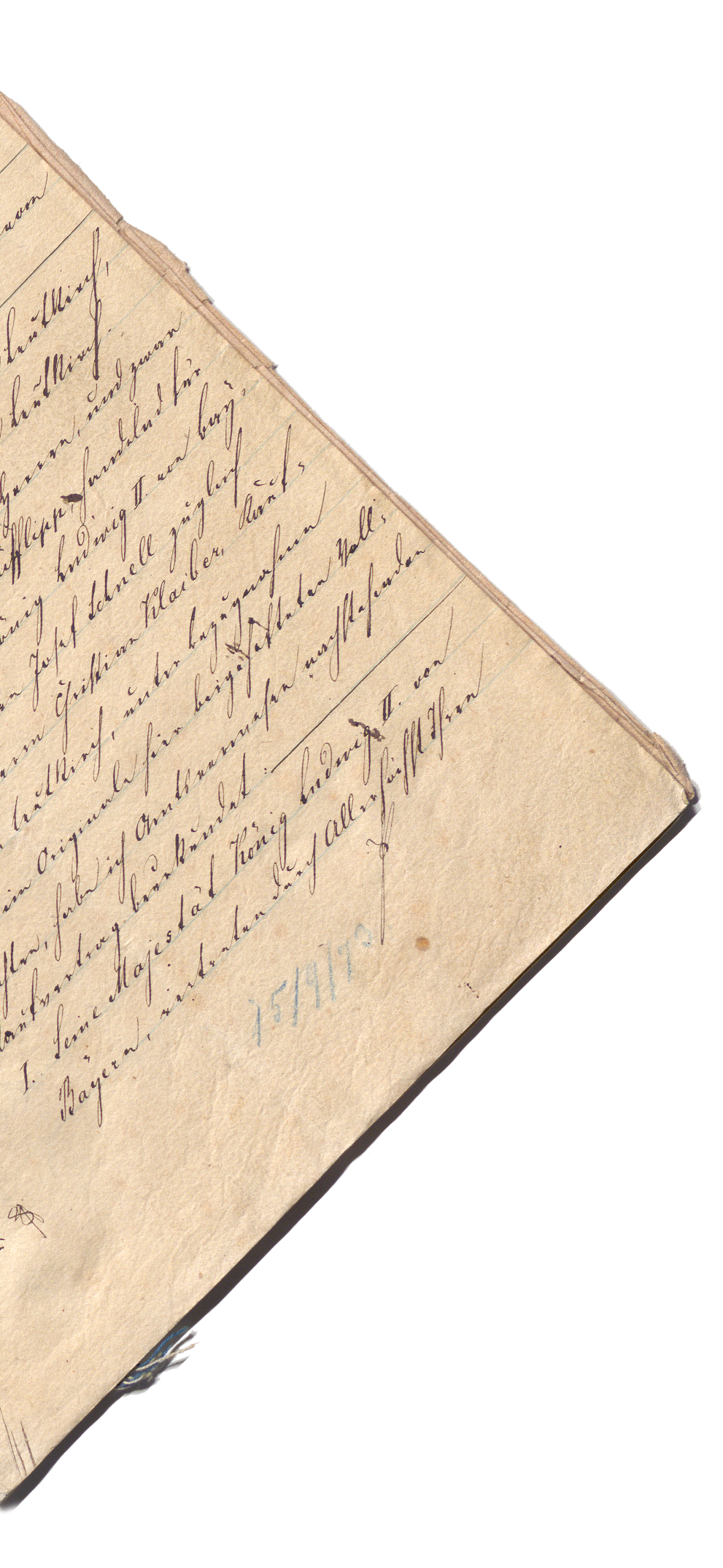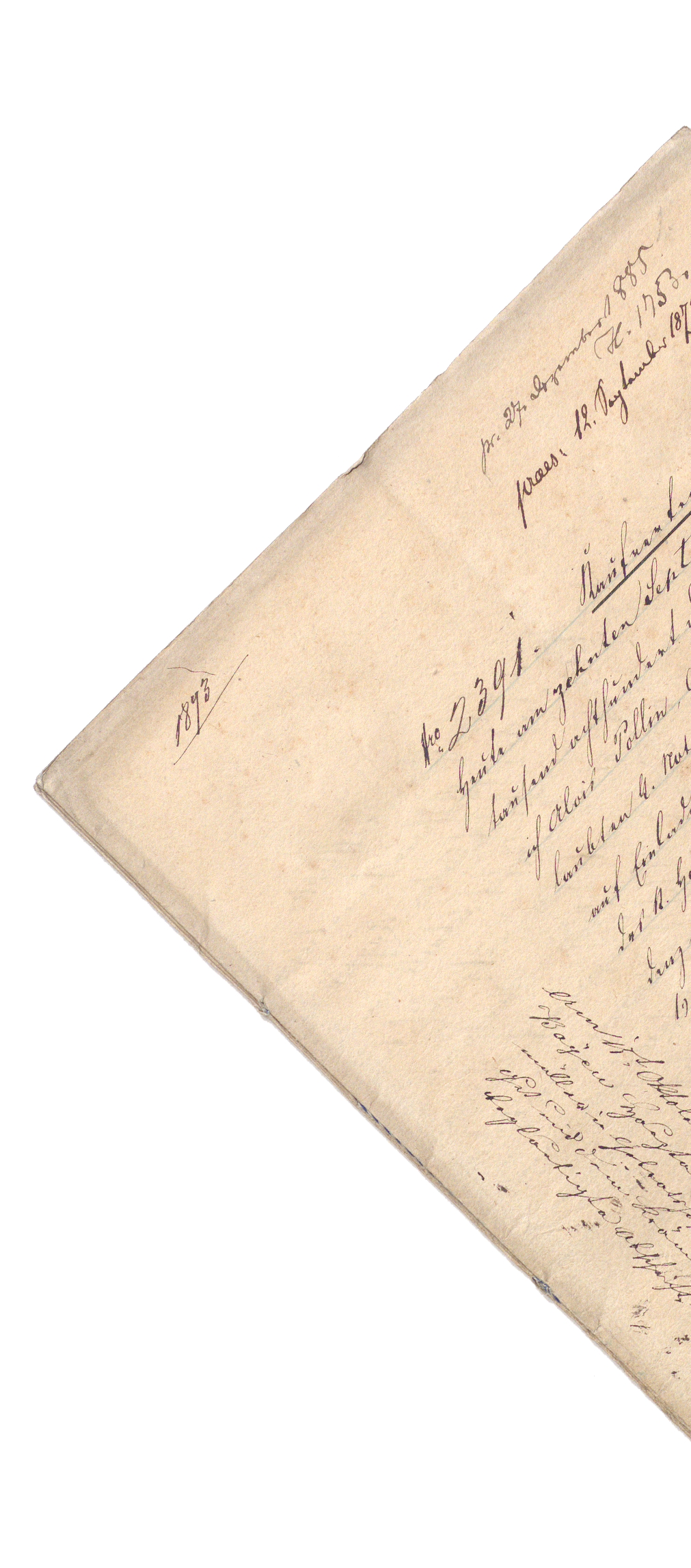
1411 - First peace of Toruń
On 1 February 1411, Henryk de Plauen, Grand Master of the Teutonic Order, concluded peace in Toruń with Ladislas, King of Poland, and Alexander Witold, Grand Duke of Lithuania.
The first peace of Toruń put an end to the so-called Great War of 1409-1411. Although the First Peace of Toruń did not bring lasting peace, it was of great importance for Ladislas Jagiellon’s position on the international scene. As a result of this peace, in March 1412, Sigismund of Luxembourg and Ladislas Jagiellon signed a peace treaty in Stára Ľubovňa which established Jagiellon as a Christian sovereign and ended the Hungaro-Tutonic alliance surrounding Poland.
1434 - Five notaries issued in Basel the document in which the Council of Basel asked the Bishop of Lodi to acquire information relating to the dispute between the Archbishop and the Riga Chapter and the Teutonic Order of Livonia, which had imposed the rule of the German Order on the Riga Chapter, in accordance with the rules of Saint Augustine
On 6 March 1434
The document deals with the more than 200-year conflict between the archbishops of Riga and the Teutonic order. The conflict was caused by attempts by the Teutonic order to seize power in Riga, following which, in 1297, the Riga bourgeois demolished the Teutonic court and killed the garrison in the square. In the following years, the city passed from hand to hand, until Riga became a Lutheran city in 1521-1524
1881 - Authorisation by William Lindley for his son, William Heerlein Lindley, of 5 July 1881, to sign the contract with the City Council of Warsaw for the construction of a water supply network and sewerage system in Warsaw
William Lindley (born 7 September 1808 in London, died 22 May 1900 in Blackheath) – British engineer.
Together with his sons, he designed and built railway lines, sewerage and water supply networks in about 30 European cities, including Warsaw, Hamburg, Basel and St Petersburg. His projects, influenced by the ideas of English social reformer and sanitary activist Edwin Chadwick, included the first underground sewers of the modern era on the European continent. As far as international trade is concerned, the document presented contains interesting legalisations that are rarely used today.


